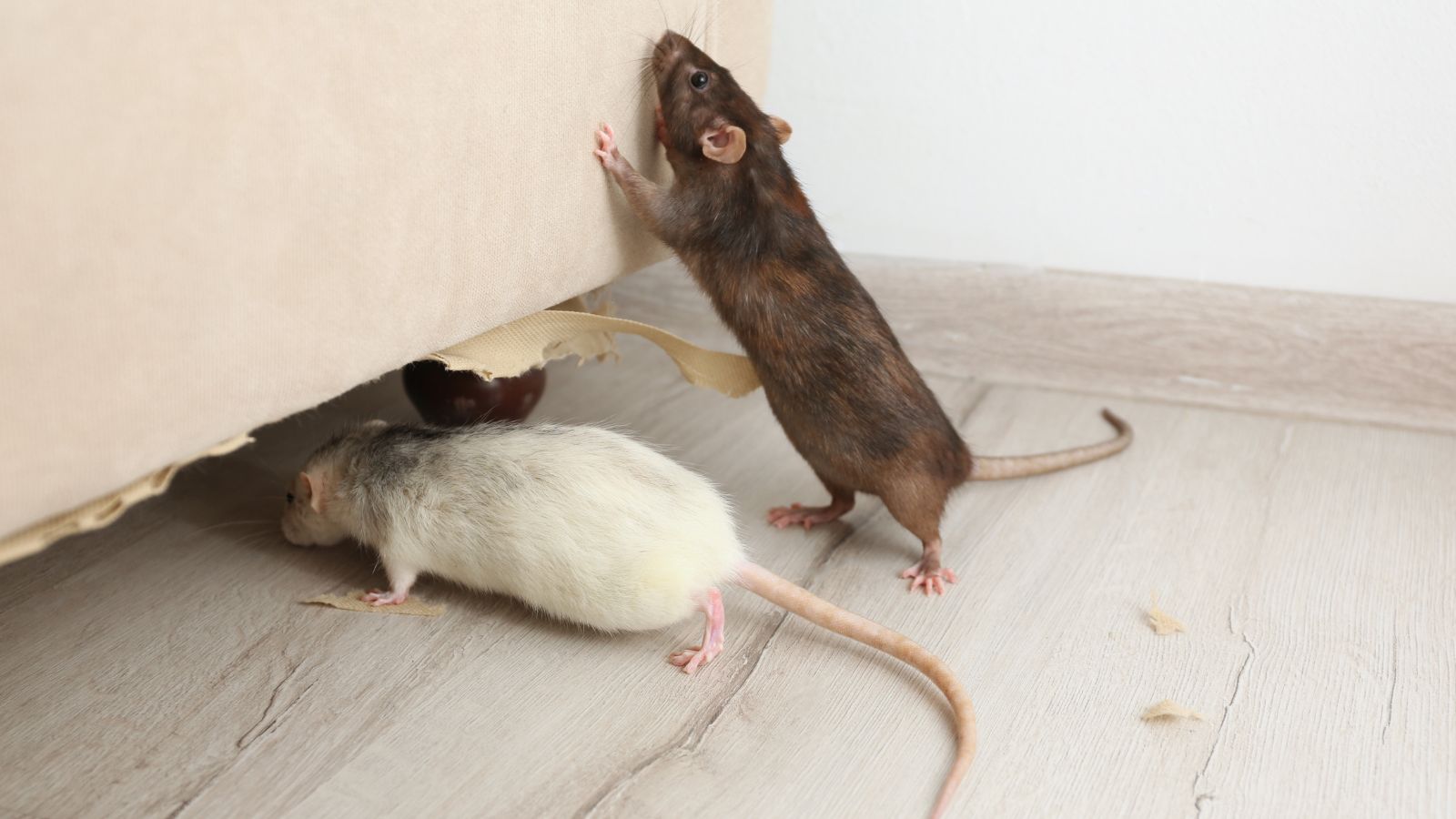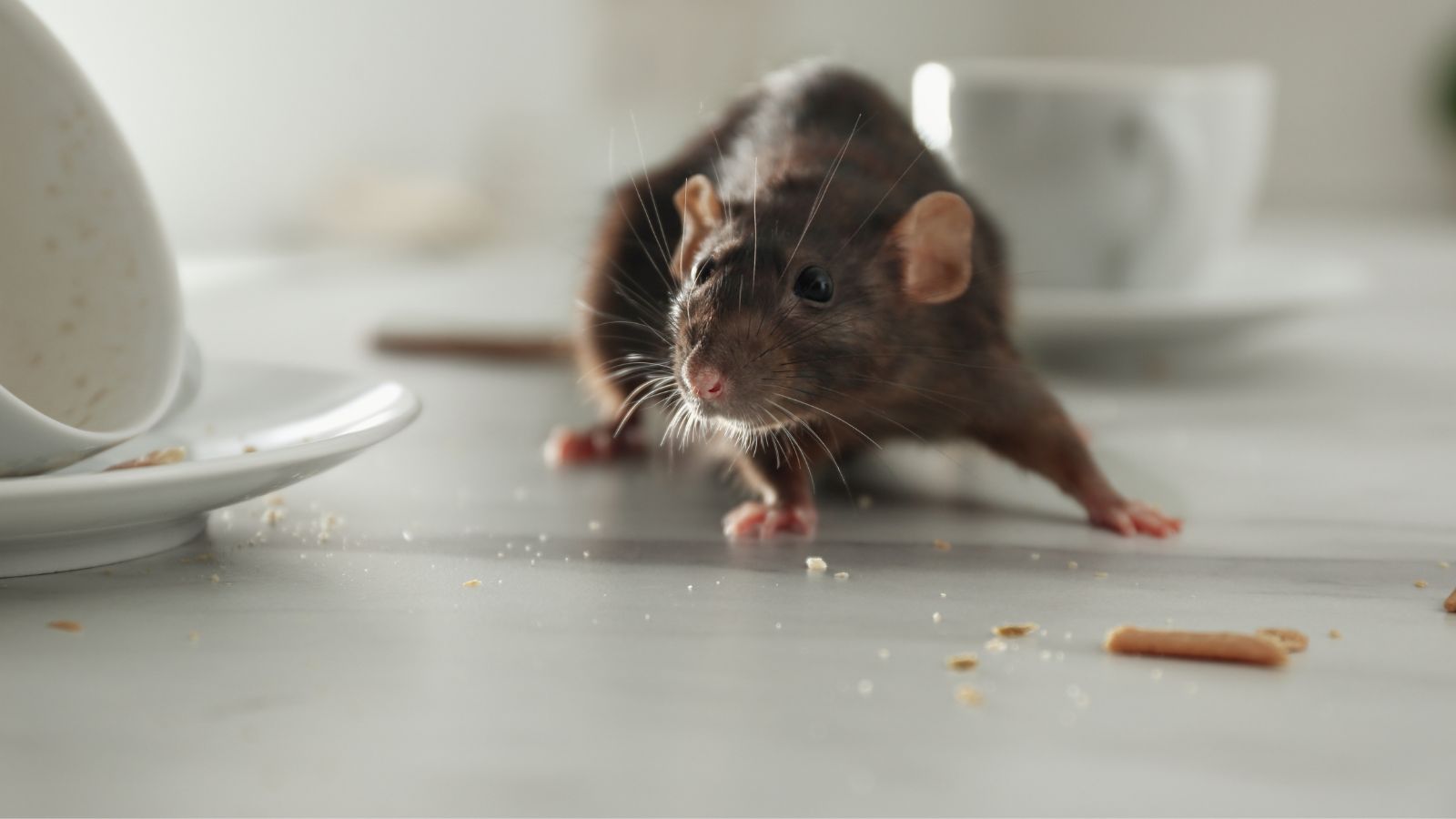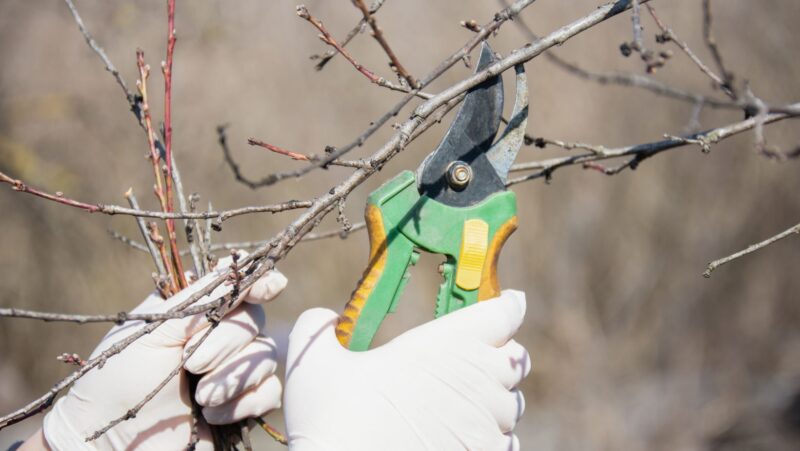
Pests aren’t just a minor annoyance, they can spell disaster for any business, whether you’re running a cozy café, a bustling boutique, or a high-end retail store. One sighting of a rodent or roach can turn loyal customers into distant memories and leave your reputation in shambles.
In a world where online reviews reign supreme and customer expectations keep rising, a strong pest management plan isn’t just smart it’s essential. Let’s dive deep into why every business needs a proactive pest strategy and how you can protect your brand, your bottom line, and your sanity.
How Pests Put Your Business At Risk
It doesn’t take much for a pest problem to spiral out of control. Even a single rodent spotted near your establishment can trigger a cascade of bad reviews, health inspections, and lost sales. For restaurants especially, pests are a nightmare. A health code violation can lead to hefty fines or even a temporary shutdown.
Retail spaces are just as vulnerable. Clothing stores, grocery outlets, and furniture shops can suffer massive inventory damage thanks to rats, moths, and beetles. Imagine explaining to a customer that their brand-new sofa came with a free infestation. Not a good look.
And let’s not forget the behind-the-scenes costs. Cleanup efforts, replacement of damaged goods, fumigation, it all adds up fast. For small businesses, a major pest problem could mean the end of the road.
Common Culprits That Wreak Havoc
Not all pests are created equal, but they’re all bad news. Here’s a quick breakdown of common troublemakers:
- Rodents: Mice and rats chew through wiring, wood, and insulation. Worse, they carry diseases and breed rapidly.
- Cockroaches: Experts at hiding, cockroaches thrive in restaurants and damp areas, spreading bacteria wherever they go.
- Flies: Annoying and unsanitary, flies can ruin a customer’s dining experience and transmit illnesses.
- Stored Product Pests: Moths, beetles, and weevils can destroy food and textile products, causing significant inventory loss.
- Birds: Pigeons and other birds leave droppings that can damage property and carry pathogens.
Each type of pest comes with its own set of risks and challenges. Identifying which pests you’re up against is step one in crafting a solid defense plan.
Signs You Might Have A Problem
Sometimes pest issues are obvious a mouse running across the floor will get anyone’s attention. But other signs are more subtle.
Droppings, odd smells, gnaw marks, grease trails, and damaged packaging are early red flags. You might also notice an unusual number of insect sightings near trash areas or loading docks. Ignoring these clues can lead to bigger infestations that are far more difficult (and expensive) to deal with later.
Regular inspections by trained professionals can catch problems early before they get out of hand. Waiting until you have a full-blown infestation is a recipe for disaster.
DIY Pest Control Just Doesn’t Cut It
Sure, grabbing a few traps or a can of bug spray might seem like a quick fix. But pests are survivors. They adapt, hide, and return with reinforcements. DIY solutions often address only the visible symptoms, not the underlying cause.
Without professional insight, you risk treating the wrong areas or using the wrong products. Plus, many businesses have to comply with strict health and safety regulations that require documentation of pest control efforts. DIY methods won’t meet these standards and won’t satisfy inspectors.
Professional pest management services offer customized solutions, scheduled treatments, and detailed reports that help you stay compliant and pest-free.
Key Components Of A Strong Pest Strategy
A proper pest strategy isn’t a one-and-done deal. It’s a living system that adapts over time. Here’s what a good plan should include:
- Routine Inspections: Regular checks catch issues early and prevent surprises.
- Exclusion Methods: Sealing cracks, installing door sweeps, and using proper waste management keep pests out.
- Targeted Treatments: Not every pest needs the same treatment. Tailored solutions ensure better results.
- Employee Training: Staff should know how to spot signs of pests and report them immediately.
- Documentation: Keeping accurate records satisfies regulatory requirements and helps track trends.
Combining proactive measures with professional support creates a barrier between your business and any unwanted invaders.
How Different Industries Face Unique Pest Challenges
Restaurants, retail stores, and warehouses each encounter pests in different ways. Understanding your specific risks is critical. Food-based businesses need to focus on cleanliness, proper food storage, and quick waste disposal. Even a small spill can attract an army of ants or a swarm of flies. Retail spaces, especially those selling organic products, textiles, or packaged goods, must worry about pests damaging stock or nesting in hidden corners. Warehouses face challenges with large spaces, constant shipping activities, and hard-to-reach areas that become perfect hiding spots for rodents and insects. No matter the industry, staying vigilant and proactive is the common thread for success.
Why Local Expertise Matters
Pest pressures vary widely by location. Businesses in Nashville, for example, deal with specific regional pests that require customized solutions. That’s why local knowledge is so important when choosing a pest control provider. Looking for reliable pest protection? All American Pest Control in Nashville has your home covered. Their experienced team understands the unique challenges local businesses face and provides tailored strategies that work. Partnering with a trusted local provider ensures you’re getting the right protection not a cookie-cutter approach that leaves gaps in your defense.
Building A Long-Term Defense For Your Brand
Pest control isn’t just about reacting to problems; it’s about safeguarding your reputation, your customers, and your hard-earned success. A small investment in prevention today can save you from catastrophic losses tomorrow.
Whether you run a restaurant, a boutique, or a sprawling retail outlet, pests have no place in your business plan. Start with an honest assessment of your vulnerabilities, build a strategy with the help of professionals, and commit to ongoing vigilance.
Your customers will notice and your business will thrive because of it.














